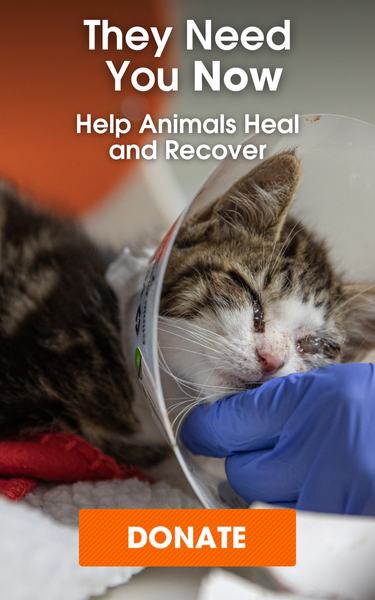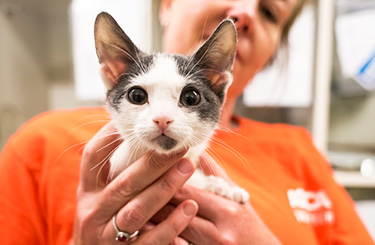
ASPCA Veterinary Services in L.A.
The ASPCA offers free, high-quality spay/neuter surgeries for pets of qualified residents in Los Angeles. The clinic is staffed with professionally trained, fully licensed veterinarians and technicians. Our teams follow guidelines established by the Association of Shelter Veterinarians.
To determine if you’re eligible for the ASPCA’s spay/neuter services, review the criteria for our three offerings below.
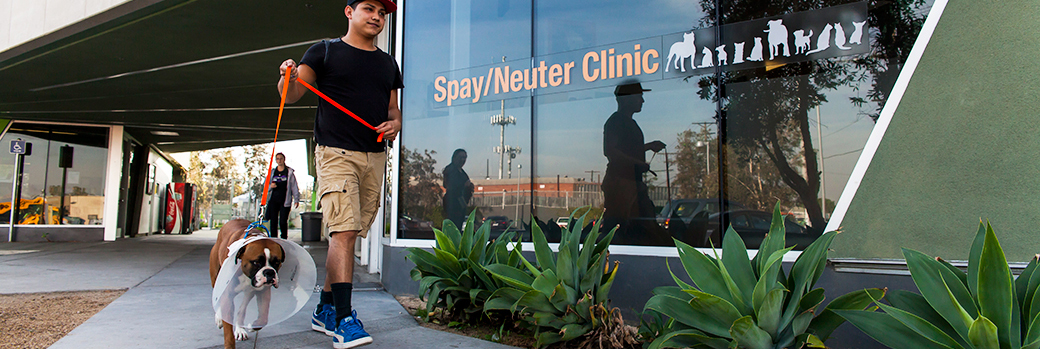
City of Los Angeles Spay/Neuter Clinic
Residents of the following zip codes are eligible for free spay/neuter services at this location: 90001, 90044, 90002, 90047, 90003, 90058, 90011, 90059, 90037, 90061, 90043, 90062
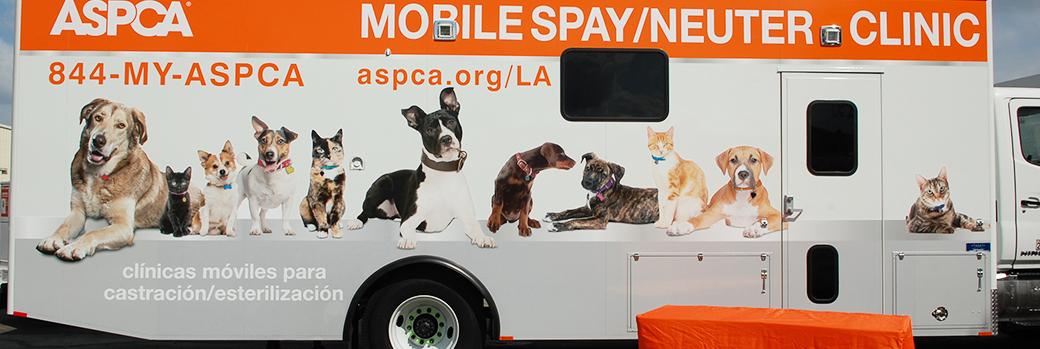
L.A. County Mobile Spay/Neuter Clinics
Residents of the following zip codes are eligible for free spay/neuter services at these locations: 90201, 90255, and 90270 (within South East L.A.).
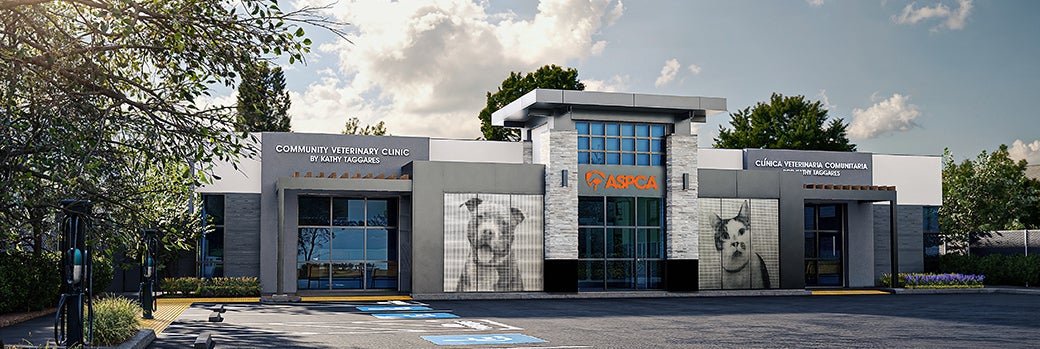
Coming Spring 2026: ASPCA Community Veterinary Clinic in Carson
Serving residents on public assistance who live in the following zip codes: 90059, 90061, 90220, 90221, 90222, 90247, 90248, 90262, 90746, 90747.
